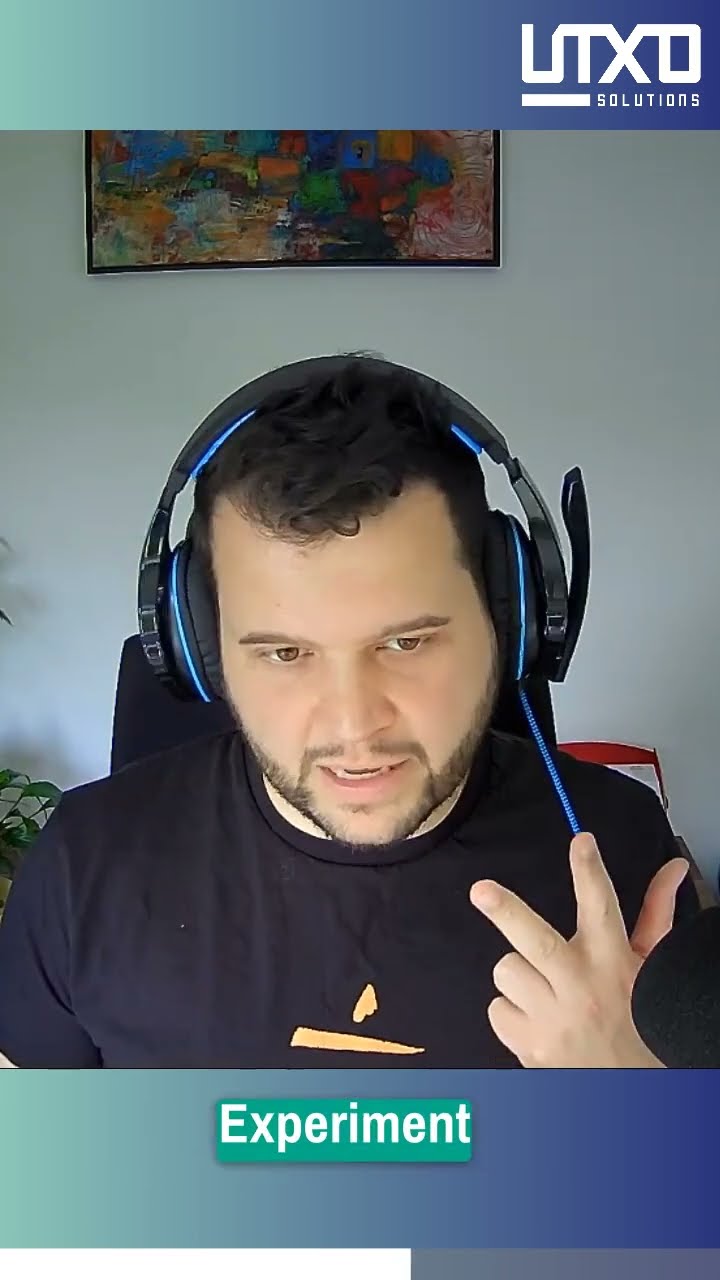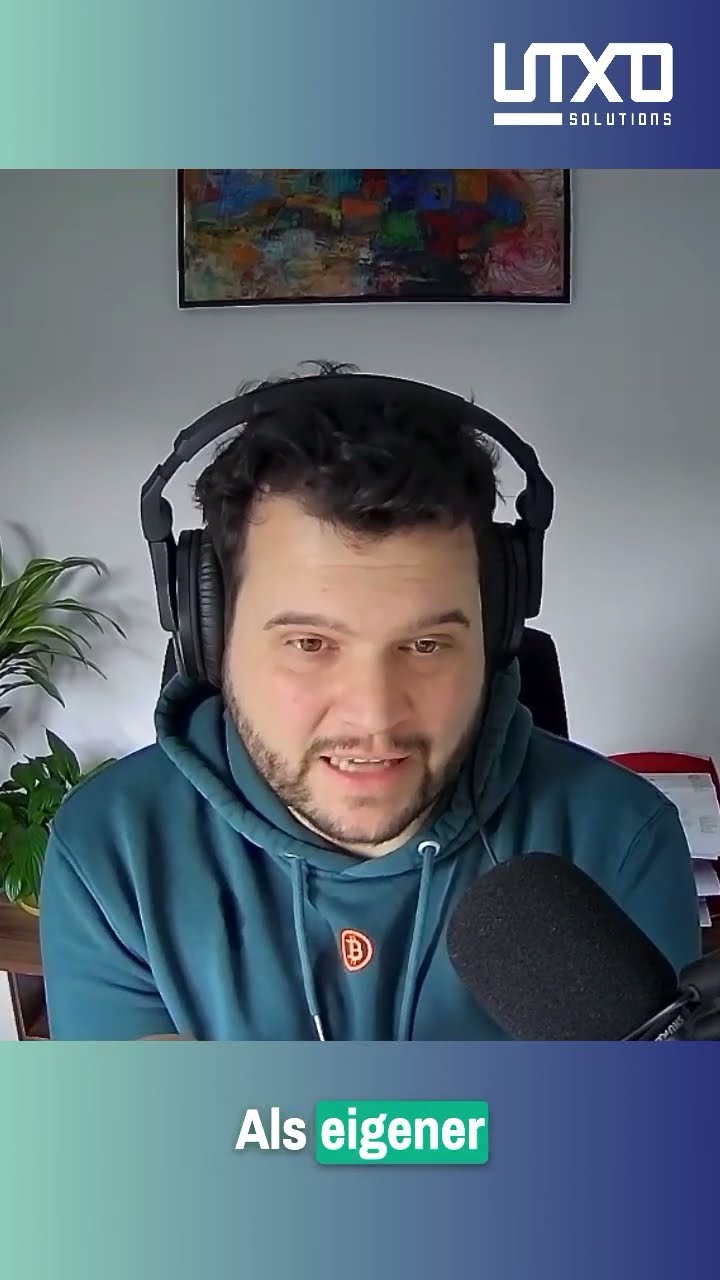Your language limits your achievements
For most companies, it takes quite some time to start the journey of disruption. To realize, that small incremental steps won’t do it any longer. Experiencing the pain of a slowly dying business. The death by a thousand budget cuts. You need to experience the right triggers, to decide for the leap of fait. To embrace true change. The thing is though, once you are ready for a big change, you are there for the first time. And being new means your not an expert on the how. How is your company supposed to do this big game changing revolution? And even before you start, before you plan or execute, there is one big challenge: Finding a common language.
If you want to build something truly great, something amazing, you will need many hands. Many hands means many mindsets. Many backgrounds, many nations, err, departments and many opinions. The archetypal story for that is the tower of babel. Stripped of it’s religious meaning, the basic story is this:
- Humans wanted to build something big
- They started building it
- They had many different languages
- They couldn’t communicate clearly
- They could not agree on things
- The whole thing didn’t work
- Everything crashed
- Everyone got mad at each other
- They never tried again
Unfortunately, this is the story of many innovation projects. The company realizes the need to change something bigger. They try it. It doesn’t work. So they stick with low-risk incremental steps. Until the disruption debt knocks them out of business.
Language is a complicated matter. You may have a common understanding of what a rock or a cat is, but try the same for “success”. You will get more answers then people asked. How could you build something together, if you don’t know, what the outcome should be? Or even how to talk about it. If you don’t get to a common language, you won’t achieve things together.
How to gain a common language?
The first helpful thing is to acknowledge the difference. When finance is talking about gains, they may mean financial gains for the company. They may disagree within themselves between revenue and EBITDA. But it is something entirely different than what a customer researcher might mean. Gains for him could be progress the user is making. The opposite of pains. Not the opposite of losses. Neither language is wrong or bad. They just serve a different purpose. Adjust your language for the purpose. If you want to find out, what your user wants, take the definition with gains as a force of progress.
The second thing is consistency. Stick to a term and don’t mix it up. This sounds easy, but isn’t. If you should adjust your language to your purpose, how are you supposed to stick to it? How to say, that we want to make gains out of gains? “We want to build a product according to the desire for specific gains of our users to make financial gains with the business around it” is a bit clunky, isn’t it? This means, that before we agree on a language, we need to find one, that fits the whole process. Or at least large parts of it.
The third thing is, to alter the existing language as little as possible. Remember Esperanto? It’s a well engineered language, intended for global use. It is easy to learn and close to many other languages. Yet the global language is English. It’s a weird language with many anomalies. But it’s the spoken language. Try to agree on key terms. But don’t overdue it. Finding the common language is a means to an end. Not an end of means.
One of the easier things to do is sticking to a framework. A framework defines a language and the language works within the framework. If the framework covers your needs, so will the language. Plus, you won’t have to argue about which meaning you want. I know a company that kept on discussing if it’s digitalization or digitization for over 6 month.
It doesn’t stop at the language
The other part of a common language is a common goal. Once you know what you are talking about, you can define a common goal. Better yet, defining a common goal often helps in defining a common language. The process reveals your unknown unknowns. You just have to keep asking things like: “What exactly do you mean by successful product launch?” It’s helpful to ask what someone means with “we” as well. We might mean them, you or someone undefined who will thus never do it.
However, a goal alone isn’t enough as well. You will need:
- a plan to achieve the goal
- success metrics
- hypothesises
- tests and experiments
- responsibilities
- and so on
The basics of running projects and a company. But if you have a common language and a common vision, you can agree on that. The projects without it often end like the tower of babel.







